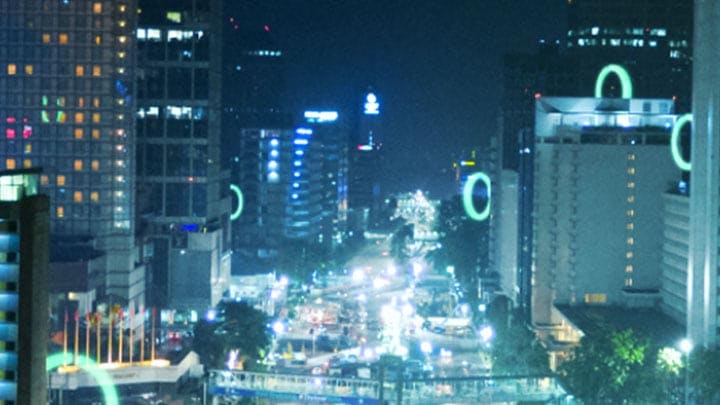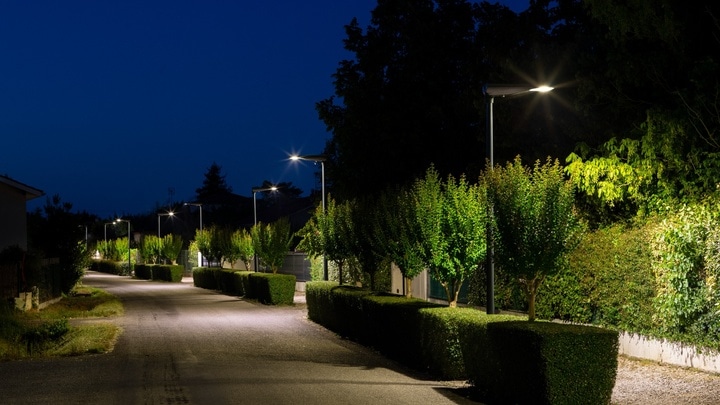- Also calls for companies to commit to carbon neutrality by 2030
- Signify on track to become carbon neutral by 2020 and share its experience
Eindhoven, the Netherlands – “Another year of record heat waves, fires in the Amazon and Siberia, and the ice caps at their smallest for centuries. The time for debate is over – now it’s time to take urgent action,” said Eric Rondolat, CEO of Signify, who today will speak during the opening ceremony of Climate Week New York City.
According to Rondolat, governments worldwide need to help realize a carbon neutral world by 2050 at the latest with companies committing to a more aggressive target of 2030. When it comes to what he described as the “low-hanging fruit of energy saving actions,” Rondolat calls for the following commitments:
- By 2020 all new buildings to be installed with LED or equivalent energy-efficient lighting
- By 2025 all street lighting to be LED or equivalent energy-efficient lighting
- By 2030 all existing corporate buildings should be fitted with LED or equivalent energy-efficient lighting
During his address to the General Assembly of the United Nations later today, Rondolat will also call upon more companies and countries to join the Three Percent Club. This group of governments and organizations is committed to driving an increase of 3% energy efficiency each year using existing, cost-effective technologies and policy instruments. And if an increase of 3% energy efficiency is driven by 3% increase in renovation rates of buildings, combined with a 3% increase in use of renewables per year, Rondolat believes carbon neutrality can be achieved by 2050.
Today, Signify said it surpassed its five-year commitment to deliver two billion LED lamps and luminaires in support of the 'Global Lighting Challenge’. This Clean Energy Ministerial campaign set an industry-wide goal to achieve global sales of ten billion high-efficiency, high-quality and affordable advanced lighting products, such as LED lamps, between 2015 and 2020. The adoption of such energy-efficient lighting is seen as one of the most significant short-term initiatives to reduce global greenhouse gas emissions.
In December 2006, lighting accounted for 19% of global electricity consumption. This level was down to 13% in 2018 and is on track to decline further to 8% by 2030.


